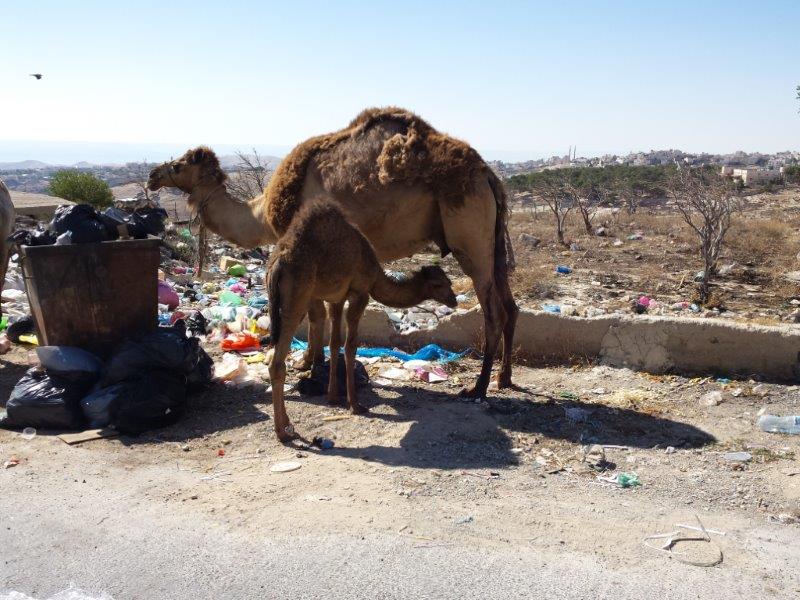
Tribal structure
Bedouin families are organized in a patriarchal and occasionally polygamous structure (Abu-Rabia, 1994). The extended family is central in Bedouin society; it affects all aspects of life. Families decide for individuals on what to do next and disputes between individuals are settled through their families. The elders of the extended family are highly honored and family stories are told from generation to generation. References to family life will be made throughout the discussion of the friendship between Bashar and me.
The Jahalin Bedouin tribe, to which Bashar belongs, is part of the tribal confederation Howeitat, and divided into three clans: Slamat, Abudahuck and Sraea. Each clan consists of several descent groups (Bashar Abu Sahra, personal communication, March 1, 2011).
Bedouin leadership
For over a millennium, the Bedouins follow their sheikhs. Sheikhs are the elderly, the wise men within the Bedouin tribes, and often the heads of the families. The sheikh takes a leadership role in the Jahalin community and his position is highly honored, not only by Bedouins but also by other Palestinians. The sheikh functions as counselor and advisor for individuals, and as judge, mediator and sometimes police officer in disputes between families and clans. Until recently, each clan could have several sheikhs and “sheikh” was not an official title.
From a governmental position, this situation was both inefficient and created tension between the families. Therefore, the Palestinian Authorities started a change toward democratization of the system. They created a position of “elected” sheikh. Apart from the previously mentioned functions, the elected sheikh became also the contact person for the Palestinian Authorities. In the present situation, the former type of sheikh continues to exist, next to the “new” sheikh. The sheikhs act in line with Bedouin law (Bashar Abu Sahra, personal communication, March 14, 2009). Thus, in the Palestinian Authority three legal systems now operate side by side, which are the tribal (Bedouin) law, Islamic law, and statutory law (Welchman, 2009). Following, I will expand on the process of democratization in Bedouin society, after which I will describe in short the – in the Arab world widely used – conflict resolution process, named “sulha”.






